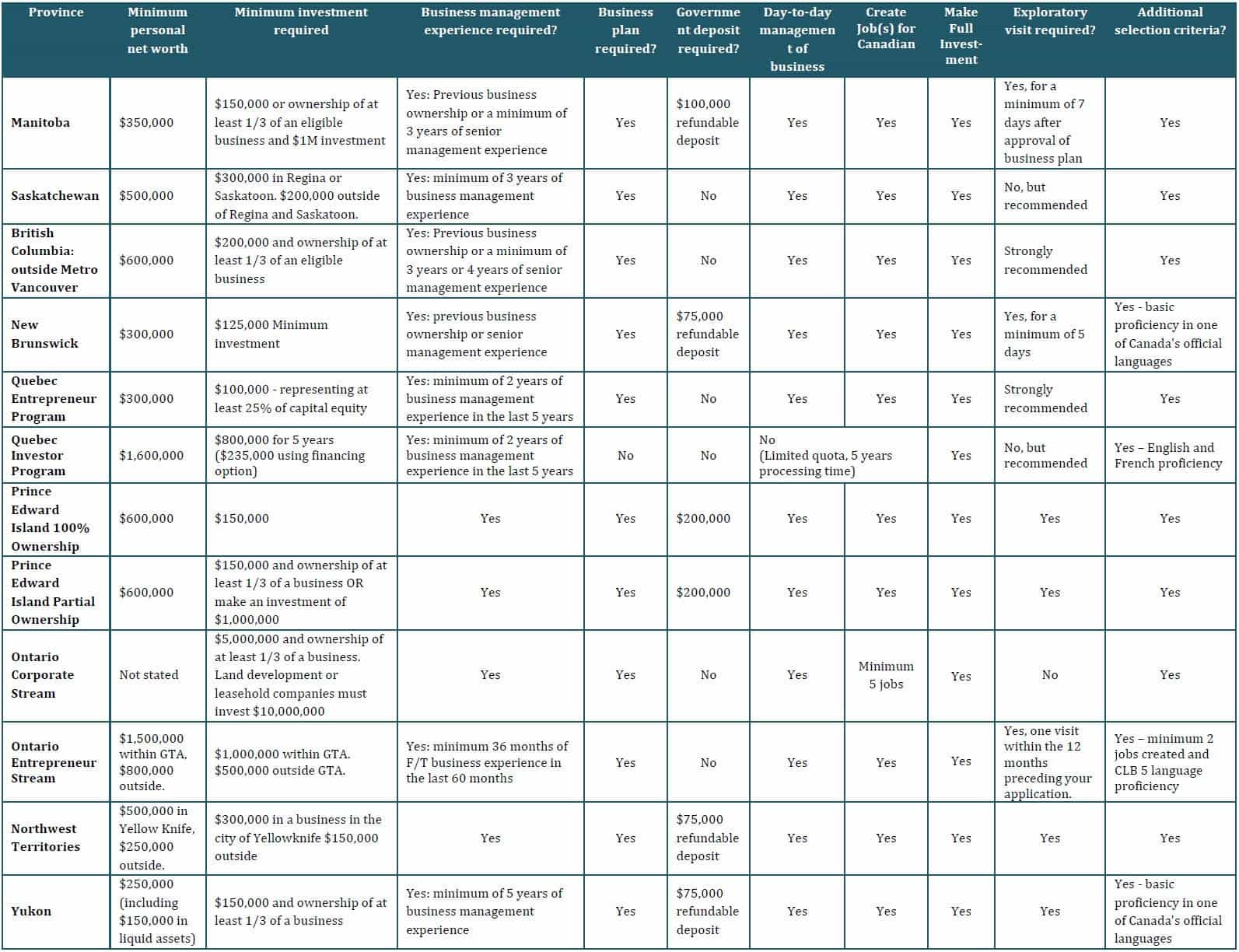IRCC exempts graduate students from study permit cap, offers two-week application processing for doctoral students
Master’s and doctoral degree students applying to study at public institutions in Canada will be exempt from Canada’s study permit cap starting January 1, 2026.
Graduate students applying for Canadian study permits on or after this date will no longer require a Provincial or Territorial Attestation Letter (PAL / TAL) in support of their study permit applications.
These new changes make access to study permits significantly easier for these students.
In addition, Immigration, Refugees and Citizenship Canada (IRCC) has announced new expedited application processing times for doctoral degree students and their accompanying family members, allowing these individuals to receive their status documents (study permits, work permits, etc.) in as little as two weeks.
Discover your options to study in Canada
What does the cap exemption mean for master’s and doctoral students?
The removal of the PAL/TAL requirement will allow more students at the graduate level to study in Canada and will help these international students save money upfront on their study permit applications.
The new exemption from the study permit cap means that applications submitted by graduate students are not subject to a processing limit by IRCC, and they do not need to worry about applying after the study permit processing cap is reached—effectively allowing many more students at the graduate level to study in Canada if demand follows.
In addition to more graduate students being able to come to Canada for their studies, the real upfront cost of a study permit has also been reduced for these individuals.
This is because the requirement to obtain a PAL / TAL before applying for a study permit often requires students to pay a deposit to their Designated Learning Institution (DLI) of choice to confirm their intention to enroll at that school.
With this new change, students at the graduate level will no longer need to pay the upfront cost to receive a PAL/TAL and subsequently apply for their study permit, allowing a reduction in the effective cost to obtain a study permit.
Faster processing for doctoral students
Effective immediately, students at the doctoral level can get their study permit applications processed in as little as two weeks.
To be eligible for expedited processing, students must:
Be enrolled in a doctoral degree program;
Apply for their study permit from outside of Canada; and
Submit their application online.
Eligible family members* can also get expedited processing on their applications, as long as they
Are applying for a visitor visa, work permit, or study permit;
Are included in the study permit application of the doctoral student (principal applicant); and
Submit their application alongside the doctoral student.
*IRCC defines eligible family members as a
Spouse or common-law partner;
Dependent child (yours, your spouse’s, or your common-law partner’s); or
Dependent child of a dependent child.
Discover your options to study in Canada
Study permit requirements that have not changed
Despite soon being exempt from the PAL/TAL requirement, international students at the graduate level still have to include most required documents to submit a complete study permit application.
Required documents are broken down into those that are “Always needed” for every study permit scenario, those that are “Recommended” for all study permit applications, and those that students may need to attach based on their individual situation, and should “Check if needed”.
Always needed
Letter of Acceptance (LOA);
Exception: If you’re the family member of someone with a study/work permit application approved in writing before you come to Canada, you don’t need an LOA.
Proof of identity; and
Passport/travel document: upload the info page; if approved, you’ll submit your original passport.
Two recent photos with your name and date of birth on the back.
U.S. citizens: alternate identity options allowed.
U.S. lawful permanent residents: travel with a valid green card and a valid passport (or equivalent).
Proof of funds, which must cover you and your accompanying family members.
Recommended
Letter of explanation.
An explanation of why you want to study in Canada, and confirm you understand your responsibilities as an international student.
Check if needed
Medical exam;
Required if you:
Are staying more than six months;
Recently stayed in certain countries; and
Are you intending to work in jobs where public health must be protected.
Police certificate;
If needed, make sure to apply as early as possible.
Proof of care (for minor children in Canada);
Children under 17 who will not be accompanied by a parent/guardian must have a custodian; certain documentation is required.
Country/visa office-specific documents.
Follow your local visa office’s instructions.
(To access, the page path is: How to apply → Outside Canada → Apply online → select your country/territory).
If applying outside your home country, you may need to prove your immigration status in the country you are applying from application.
If your passport-issuing government requires a re-entry permit, obtain it before applying; other documents may also be needed.















